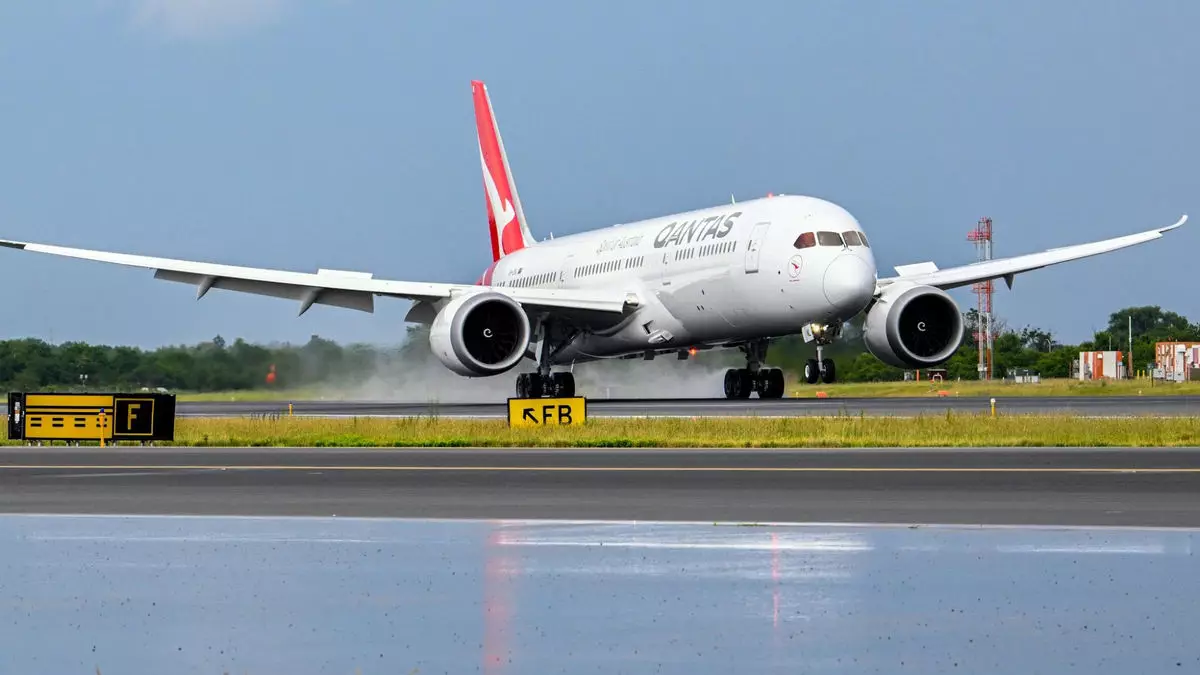In a significant move that marks a shift in its distribution strategy, Qantas Airways is set to implement GDS (Global Distribution System) surcharges starting July 1. This decision to impose fees on certain booking channels reflects a broader trend among airlines to refine their revenue models and optimize distribution processes. Effective immediately, the Australian airline will charge $13 per segment for U.S. bookings made through traditional GDS platforms. This surcharge is an attempt to offset costs associated with legacy systems while nudging travel advisors toward more modern, efficient booking technologies.
The Distinction Between Booking Channels
In addition to the hefty fee for legacy GDS systems, Qantas is introducing a more modest surcharge of $3 for bookings made under the New Distribution Capability (NDC) framework via Sabre, Travelport, or Amadeus. This reflects a dual approach: maintaining revenue from traditional channels while incentivizing a shift to newer platforms that promise enhanced efficiency and reduced operational hurdles. The Airline emphasizes that travel advisors aiming to sidestep these charges can utilize the Qantas Distribution Platform or approved NDC aggregators.
Qantas’ announcement also outlines several advantages associated with NDC bookings, signaling a clear advantage for agencies willing to adapt. Notably, these booking options will offer access to improved pricing structures and a broader range of fare sales over time. Travel advisors can look forward to significant enhancements, such as dynamic commission offers, which provide the flexibility to lock in ticket prices up to five days before finalizing a booking. Furthermore, the implementation of automated processes aims to reduce the risks of costly debit memos, fostering a more efficient booking environment.
To sweeten the deal, Qantas is rolling out a Premium NDC program, aimed specifically at select travel agencies. This initiative promises differentiated pricing and additional fare sales opportunities, creating a lucrative option for those agencies that are invited to participate. Such exclusivity could serve as a strong motivation for agencies to engage with Qantas more deeply, potentially transforming their operational dynamics in favor of the Australian carrier.
Qantas is also making strides in recognizing customer loyalty throughout its booking process. Travelers with elite status will not only be acknowledged but will also benefit from occasional special offers. This strategy underscores the airline’s commitment to enhancing the customer experience, integrating both technological advancements and personalized service.
As Qantas continues to navigate its NDC capabilities, initially introduced to the U.S. market in May 2022, this latest shift serves as a strategic pivot within a rapidly evolving aviation landscape. By incentivizing modern booking methodologies while managing traditional distribution costs, Qantas is not only addressing immediate revenue concerns but is also positioning itself for sustained growth in the future. This evolution illustrates a broader industry trend aimed at leveraging technology to deliver enhanced value across the travel ecosystem.


Leave a Reply